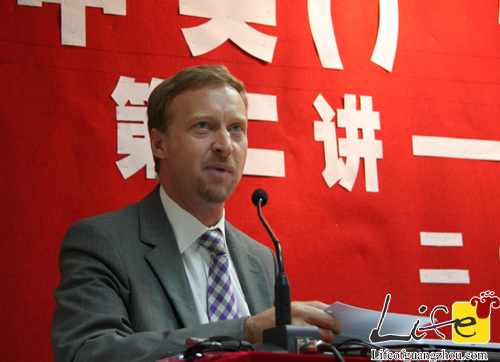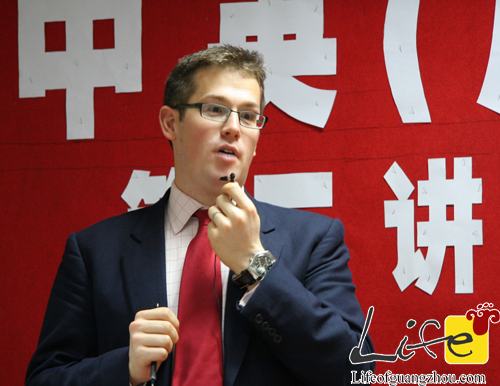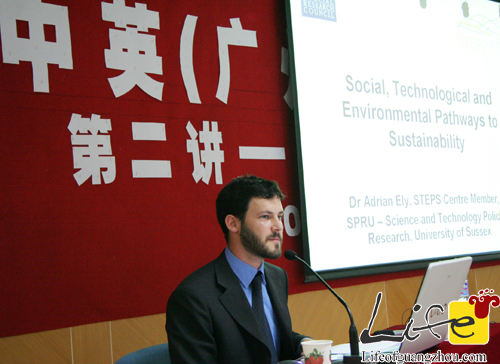The abrupt rise of a country with 1.3 billion people and 3.7 million square miles of land may naturally bring an insecurity and defensive attitude to the rest of the world. This is especially true to countries that have played leading roles. It's no wonder that some call China a big threat with hostility, however, some also argue the prosperity of one country doesn't necessarily take the price or decline of another. The explosive development of this giant nation just provides one more option for communication and cooperation with the whole world. Actually, some countries have put the idea into action.
After an 18-month research and interview with Chinese government officials, scholars and researchers, British "Think Tank" Demos published 'The Atlas of Ideas.' This is a series of reports on the future of science and innovation in Asia, especially China and the prospects for closer research collaboration with the UK.
These reports thoroughly analyze the current progress of China and forecast its future in the field of science. Recently, the head of the research team brought their conclusions back to the sources. Three British UK scientists gave a lecture on technology, innovation and sustainable development to local scientists and researchers in Guangzhou Association of Science and Technology (GZAST) on Monday (Sept. 3rd ).

British Consul-General in Guangzhou Brian Davidson gives a speech on the lecture.
The head of Science and Innovation at Demos, Doctor James Wilsdon, shared their research achievement on China's science and technology development with all attendees. When talking about the future of the science in China, Doctor Wilsdon emphasized that the global view and more international collaboration are critical for both China and World.

Head of Science and Innovation at Demos Doctor James Wilsdon shares their research achievement on China's science and technology development
Sustainable development is a hot topic in China today. Doctor Adrian Ely pointed out it is not a problem for a single subject. On the contrary, it is a complicated question involving governance, legislation, science and technology, etc.

Doctor Adrian Ely gives a lecture on social, technological and environmental pathways to sustainability.
Chairman of GZAST Ms. Zhang said the lecture, as a trial, is just a beginning of a series lectures cooperatively held with British Consul General in Guangzhou, aiming at promoting the further communication and views exchange between scientists in UK and China.
Understanding and talk are just the start of the cooperation. While realizing the uncertainty lying in the scientific and technological development of China, the cooperation in a wider range seems to be inevitable.
(Reported and photographed by Helena Zhang and Kimberly Barteau)




